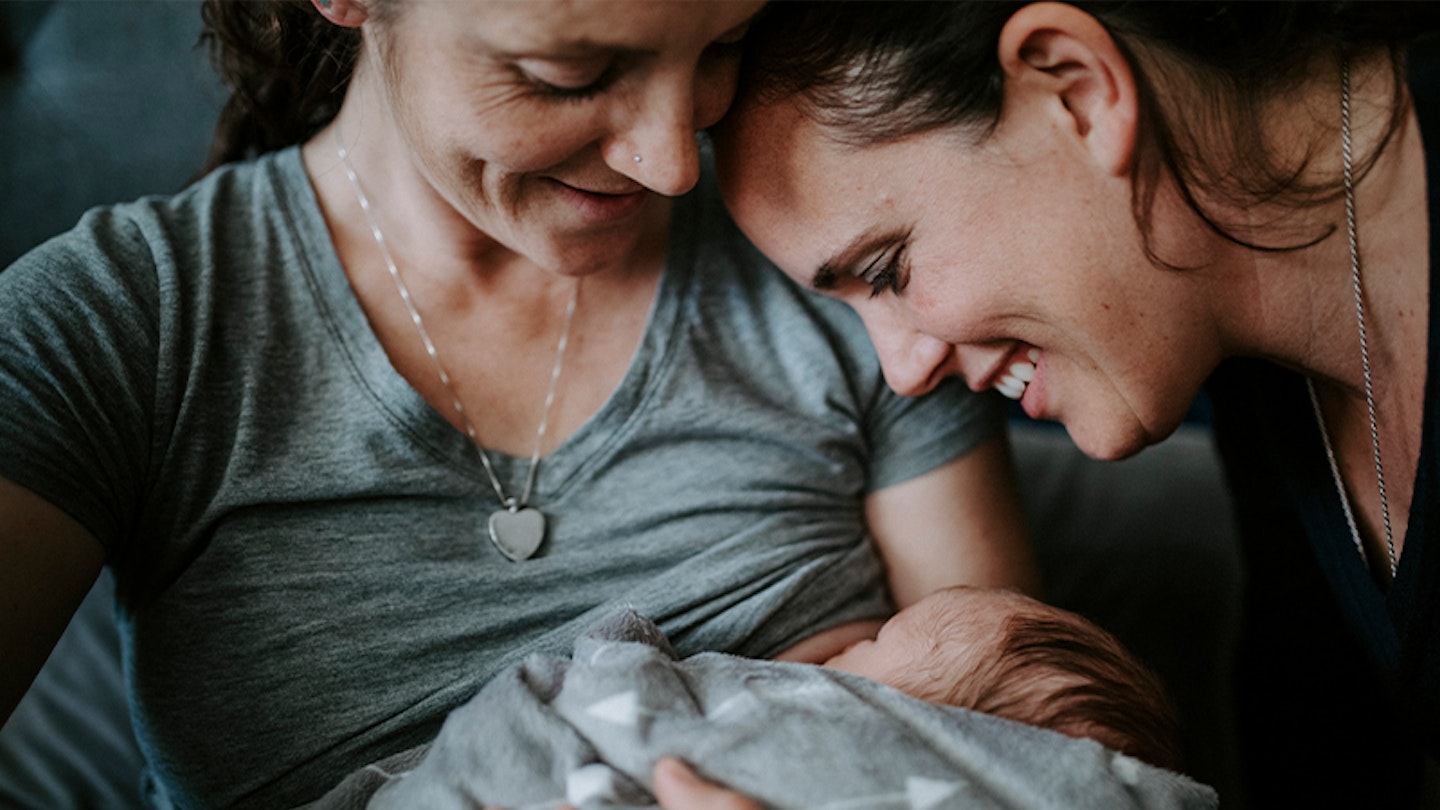Whether you currently have children or you’re hoping to soon become a parent, you might be wondering how being or being trans might impact your legal status as your child’s parent and that your true gender identity can be reflected on your child’s birth certificate.
First and foremost it’s clear that the UK law needs to change in order to become more flexible for trans and non-binary parents, and family law experts,nga law agree.
‘The law is out of date for trans parents who conceive children in their true gender, and not flexible enough to make sure they have the right parental titles. This is an important issue which needs to be looked at by Parliament so the law works better for children born into increasingly diverse families.’
We’ve put together some useful information on the current UK law surrounding trans parents to help you understand how it may affect you.
If I transition, will my status as my child’s mother or father change?
Section 12 of the Gender Recognition Actstates that if a mother or father transitions after their child has been born, their status as ‘mother’ or ‘father’ will not change. In short, this means that you’re legally still the child’s parent, but your title as ‘mother’ or ‘father’ will not change.
This means that a woman who has given birth to a child, who then transitions to a man, identifying themselves as the child’s father, will still remain as the mother on the birth certificate, not the father, even though that may not reflect how you identify. It is not possible, under the current law, for your children’s birth certificates to be changed to include your revised name or legal gender.
According to nga law, ‘It isn’t possible to choose whether you are registered on a birth certificate with the title of mother, father or parent: the law gives you a title depending on how you became a parent, so non-binary parents might be recorded as mothers (if they give birth), fathers or parents depending on the circumstances of conception.’
What are my rights if I transition before having a child?
Currently, UK law states that whoever gives birth to the baby is registered as the ‘mother’ on the birth certificate, even if you are legally male or if you identify as non-binary.
For the father, things are a little more complicated and the status is heavily reliant upon the different circumstances of conception and marital status. If you are a trans woman who is married to your partner or conceiving at a fertility clinic, providing the sperm, you will be referred to as the ‘parent’ on the birth certificate.
However, if you are a trans woman who is not married to your partner and you conceive the child at home, you’ll be nominated as the father on the birth certificate.
What if I have a surrogate?
UK surrogacy law says that, at birth, the surrogate is the legal mother of any child she has carried, even if she is not the biological mother. If the surrogate is married or in a civil partnership, her spouse is the father or other legal parent.
A parental order is needed to ensure the intended parents are the child’s legal parents on the birth certificate. This order fully extinguishes the responsibilities of the surrogate and her spouse.
‘Once parents have made a court application to make them the legal parents rather than the surrogate (who is initially recorded on the birth certificate as the ‘mother’), all parents who have a baby through surrogacy will ultimately be named on their child’s UK birth certificate as ‘parent’.' Says nga law.
